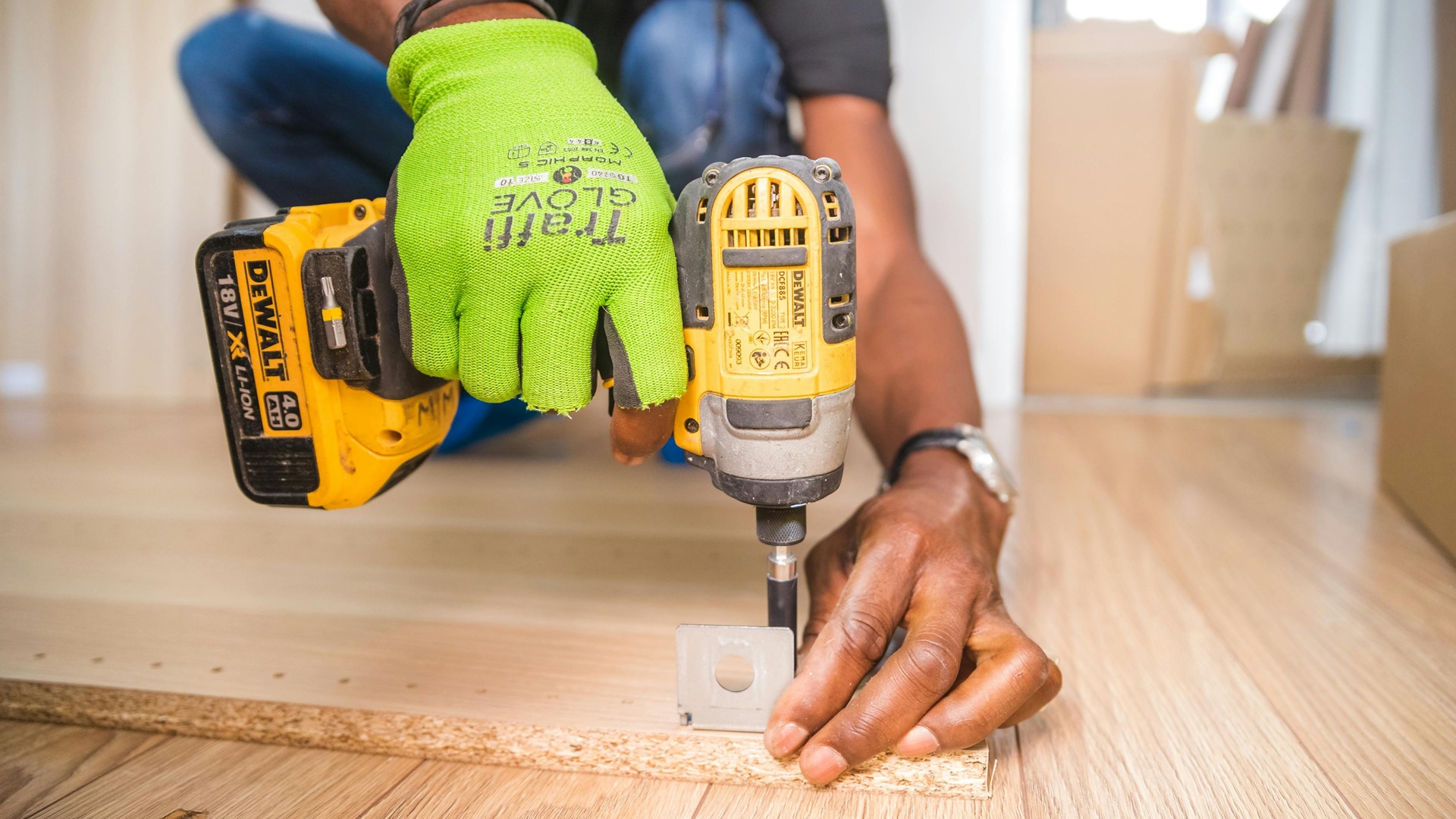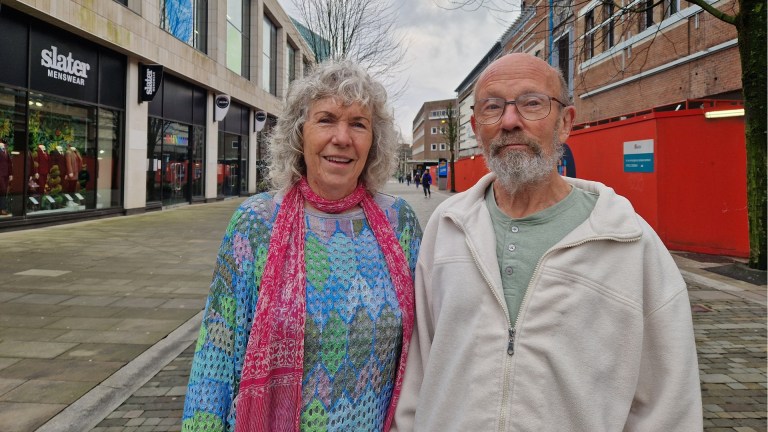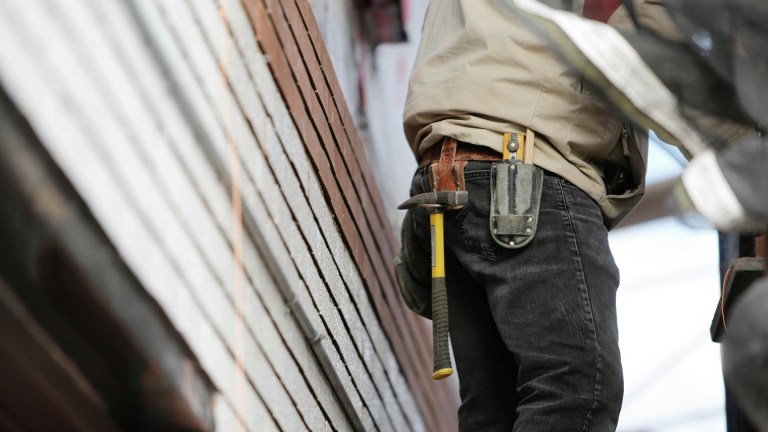“Creating a network of home improvement support would transform millions of lives while also delivering substantial national and societal benefits including improved public health, reduced strain on health and social care services, economic growth, and significant progress on climate goals.”
The UK has the oldest and draughtiest housing stock in Europe with an estimated 29 million homes needing to be retrofitted by 2050, according to the UK Green Building Council.
Adapting homes for the changing climate is important to help the UK reach its net-zero goals but it’s also vital in the present day to fix damp and mould and other health hazards that put even more strain on the NHS.
Making homes more accessible for people with disabilities or mobility needs is also crucial as the UK population ages.
A consortium of experts led by the Centre for Regional Economic and Social Research (CRESR) at Sheffield Hallam University assessed existing home improvement services across the country.
Get the latest news and insight into how the Big Issue magazine is made by signing up for the Inside Big Issue newsletter
Advertising helps fund Big Issue’s mission to end poverty
They found that the estimated cost saving to the NHS from an early hospital discharge due to home improvement services is £2,680 per discharge. That would cut the number of bed days by 40% from 15 to nine days on average.
Preventing falls in the home could save the NHS £7,050 per fall and wider society £29,140 for the average cost of £1,600 for home adaptations, the experts said.
Meanwhile, addressing excess cold in homes that are fuel poor could deliver returns on investment of £10.12 in societal benefits for every £1 spent.
Centre for Ageing Better said two in five UK households – equivalent to 11.6 million households – are prioritising home improvements but are struggling to carry them out.
A further one in eight households – around 3.5 million – with a high need are living with a daily inconvenience because they cannot improve their home.
Labour has made promises to improve the standards of homes as well as targeting building 1.5 million homes while in power.
Advertising helps fund Big Issue’s mission to end poverty
The government’s private rent reforms will introduce a decent homes standard to the sector and bring Awaab’s Law into force too after it is introduced to fix hazards in social housing.
Ministers have also pledged £13.2bn to be spent on its Warm Homes Plan with 300,000 homes will benefit from upgrades in 2025.
Good Home Hubs could be a cost-effective solution too, Dan Goss, senior researcher at Demos, said.
The think tank’s new analysis suggests that, if delivered across the UK, Good Home Hubs would support 390,000 to 550,000 households each year to fix their homes.
Demos’ research insists the hubs could help tackle fuel poverty and support vulnerable groups as well as boosting the economy by creating jobs and developing a pipeline of skilled workers.
“The government’s housebuilding plans are promising, but overlook the millions of dangerous, cold, and inadequate homes currently in Britain. If we want good homes for all, we also need to fix what we’ve got,” said Goss.
Advertising helps fund Big Issue’s mission to end poverty
“While the elephant in the room is often money, that’s not the case here. Good Home Hubs would empower residents to fix problems in their home, and the model would pay for itself. The hubs would cut costs for councils while expanding the market for home improvements, unlocking extra revenue.
“The reward for residents, the public purse and the country is clear. What’s needed now is action.”
Do you have a story to tell or opinions to share about this? Get in touch and tell us more. Big Issue exists to give homeless and marginalised people the opportunity to earn an income. To support our work buy a copy of the magazine or get the app from the App Store or Google Play.










